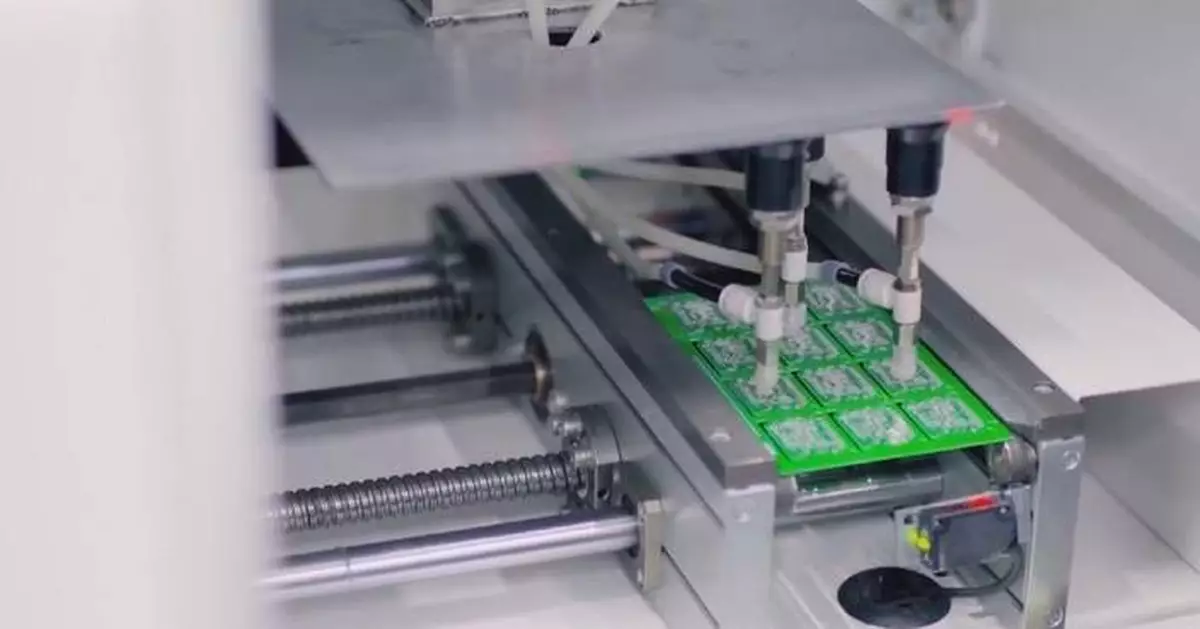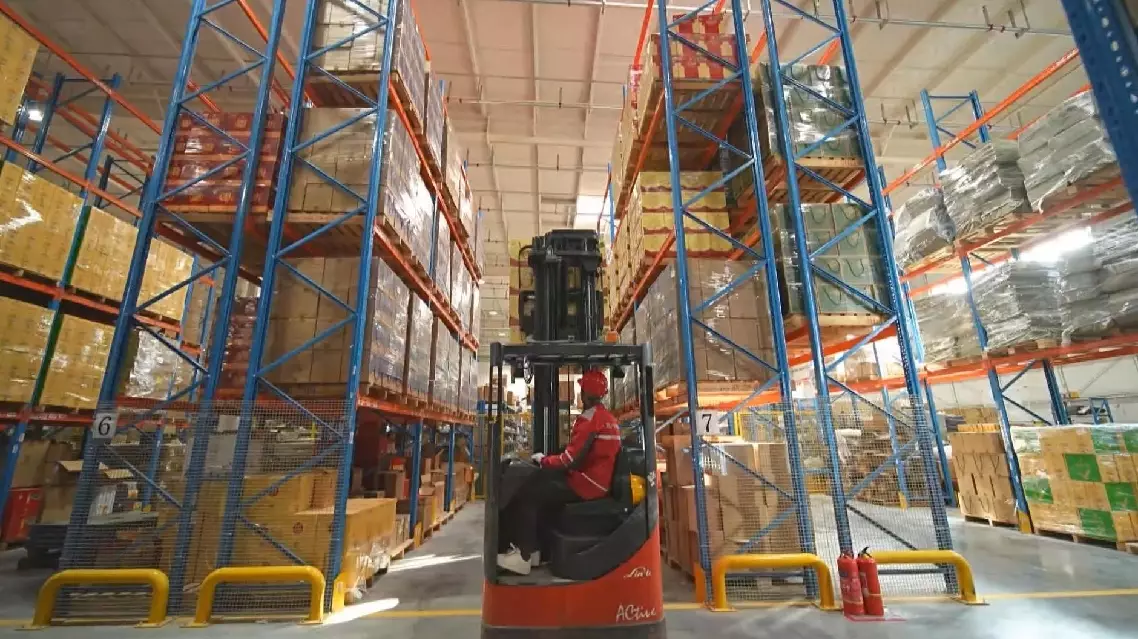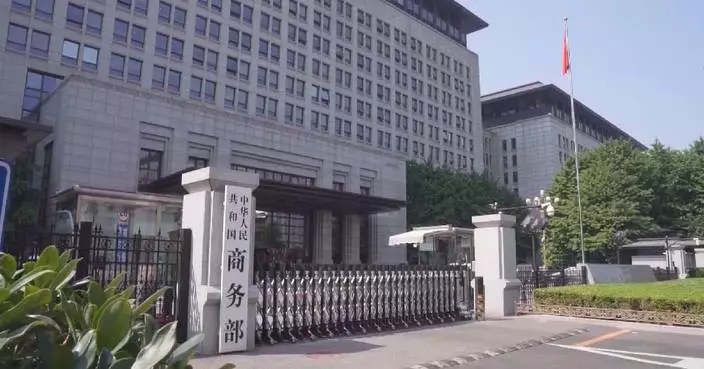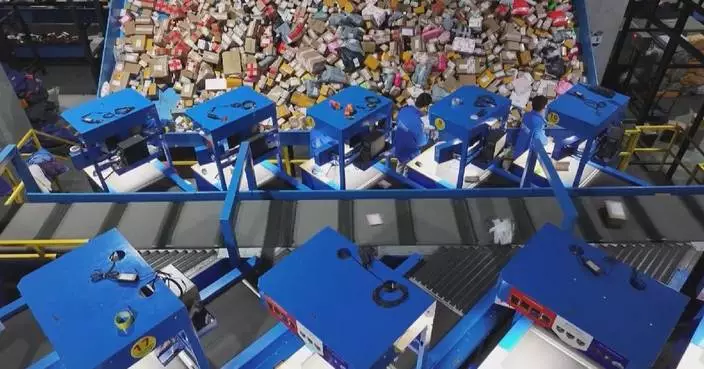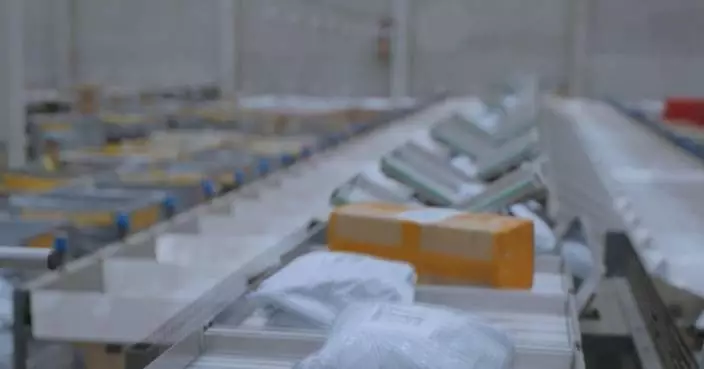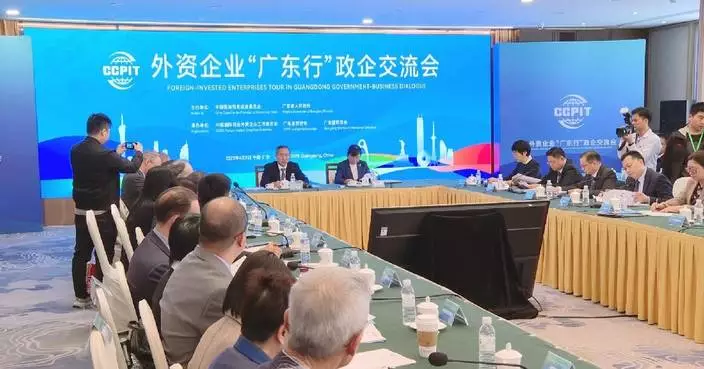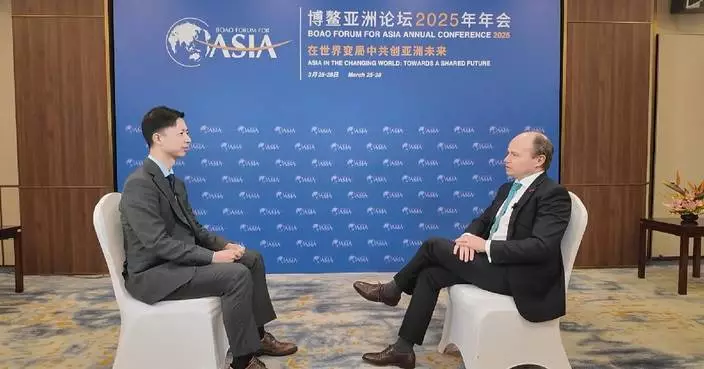Semiconductor analyst Malcolm Penn has raised concerns about the short-term effects of suggested high tariffs on imported chips by U.S. President-elect Donald Trump, stressing their potential to impact consumer prices and industry profitability.
Trump has criticized the CHIPS and Science Act that the U.S. government signed into law in 2022 in a bid to revive the country's sci-tech and chip sectors by offering incentives to chipmakers and forcing them to take side. He suggested high tariffs on imported chips, instead of relying on federal incentives for domestic production of semiconductors.
In an interview with China Global Television Network (CGTN), Penn highlighted the stark contrast between federal incentives and proposed tariffs on imported chips.
"I think the thing about the CHIPS Act is it was designed to encourage manufacturers to build factories back in the United States, and that takes a long time. So you can understand why Mr. Trump doesn't like that because it will be the next president that gets the benefit of that, rather than him. Whereas tariffs are an instant effect and that will put the price up of everybody's imported components. And that would then have an immediate impact on the cost of everything that we buy and has electronics in it. And those effect take immediate effect because nobody keeps on inventory anymore. So the fact is that you put the tariff, it would be instantly happen and the prices would rise straight away," he said.
Penn highlighted the critical role of semiconductors in the cost structure of various goods, particularly in the automotive sector. He noted that a 200-percent tariff on semiconductor imports, as proposed by Trump, would triple their price, driving up car manufacturing costs by 10 to 20 percent.
"I think that the semiconductor is anything from around 10 percent to 30, 40 percent of the cost of a car, depending on whether it's conventional gasoline driven car or an EV (Electric Vehicle) car. And so it is a big part of the overall cost. Now the actual chip value in that, there is probably half that amount. But anyway, that's still a big amount. So if you suddenly add 200 percent of the cost of the chip and effectively makes the chip three times the price that it currently is, that would affect the cost of manufacture by a minimum of 10 percent, probably could be as high as 20 percent," Penn said.
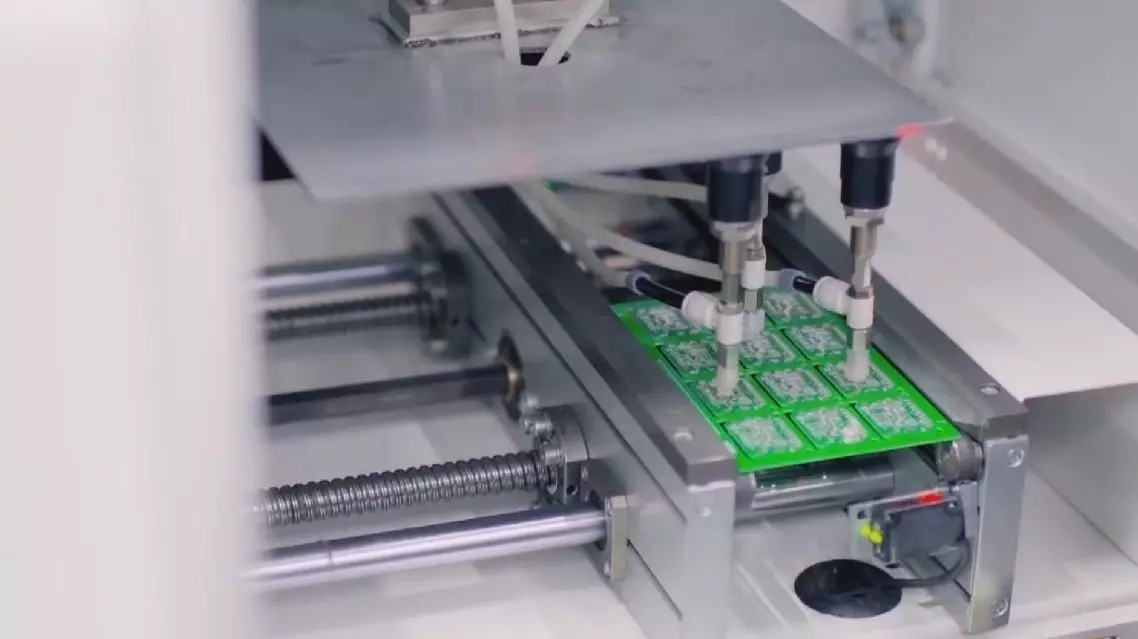
Trump-proposed tariffs on chip imports to impact industry profitability: analyst


